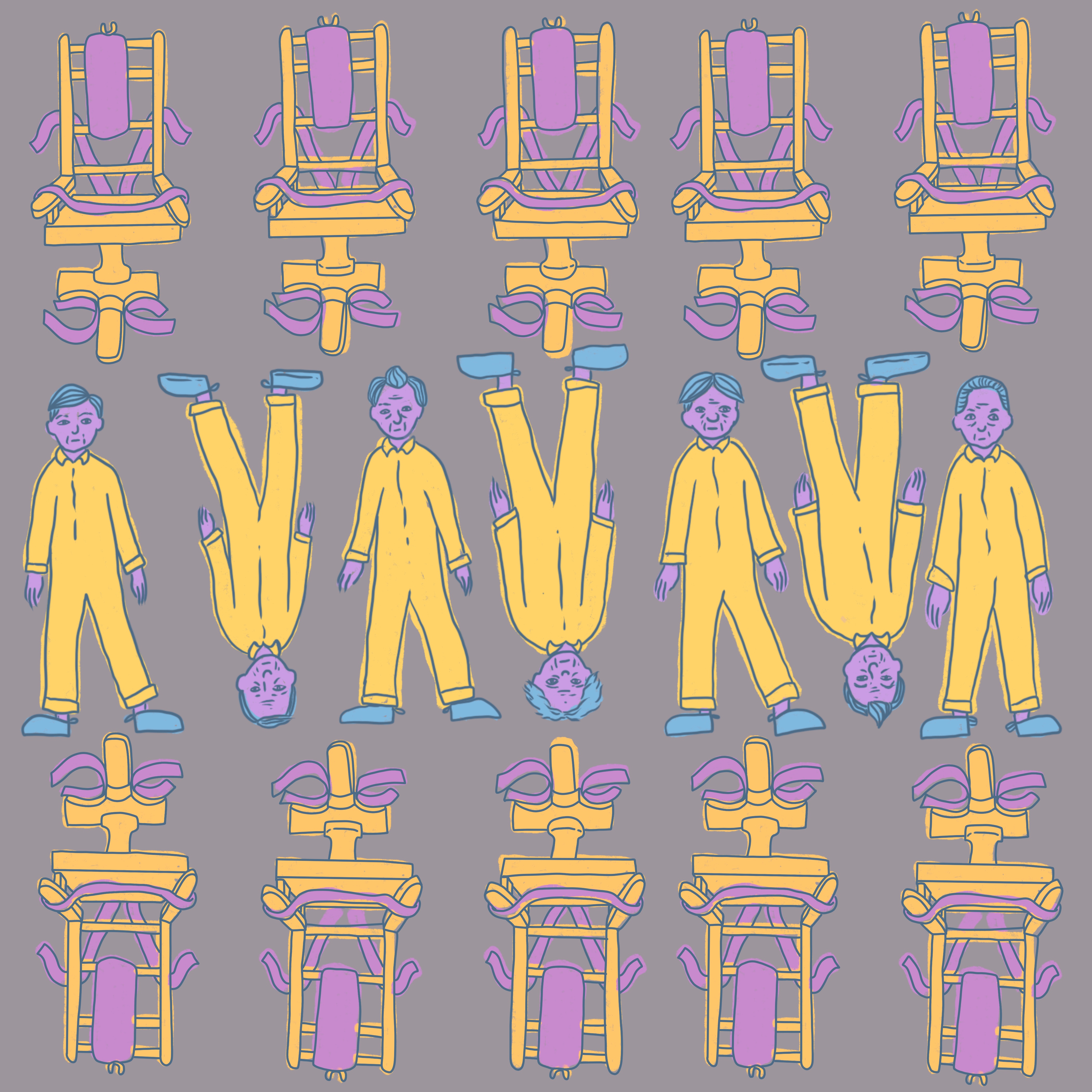The holidays can be a stressful time for all of us. Between seeing relatives, stretching waistlines, and realizing you don’t have enough money to get your mom the gift she deserves, there are times when swearing in English just isn’t enough. Luckily under the guise of revivalism, you can use Yiddish, the language of Eastern European Jews and New York Hasidim. Impress your family by showing how multicultural you are and have a word for every situation this holiday season:
Bubkes — When a distant relative asks how much you’re making as a freelance writer, “bubkes” would be a truthful response.
Ongepotchket — Excessively decorated to the point of tackiness. Think Clark Griswold’s house in “Christmas Vacation,” or most household Christmas trees.
Me vert tsugevoynt tsu di tsores — “We grow accustomed to our troubles.”
Meeskait — an ugly little thing. You have to pretend your cousin’s newborn, McKaylee, isn’t a total meeskait, even though it looks like a mole rat got in a fight with a wasp colony.
Nosh — Hovering around the chip bowl while waiting for mom to finish up dinner.
Fress — Desperately shoving chips into your mouth because Uncle Jerry can’t find the house, mom insists on not eating until everyone has arrived, and it’s 9 p.m.
Bei Mir bist Du shayn — “to me, you’re beautiful.” Whisper it to the glazed ham.
Shlemiel — Your well-meaning younger cousin who offers to carry the gravy boat, but trips on his own two feet.
Shlimazl — The one the gravy gets dropped on. While she’s wearing silk.
Chutzpah — Nerve. Your aunt who announces her divorce over dinner has a lot of chutzpah. Your uncle who brings his new, much younger girlfriend to the meal has even more chutzpah.
Nafka — What your aunt shouts across the table at your uncle’s girlfriend.
Potchka — Busying yourself without a clear goal. When your mother takes a sudden interest in how dusty your ceiling is just to avoid being at the dining room table.
Megillah — A story that could have been told in two sentences that your brother unnecessarily extended to a fifteen minute spiel.
Momzer — A bastard. Use this zinger to describe Harvey Weinstein, the U.S. President, or any number of men who lack basic human decency.
Shanda — A scandal, something you shouldn’t bring up during the holidays, or nearly every day in the Trump era. Take your mind off of it by watching “Elf” for the fifteenth time.
Mishegoss — The irrational and inappropriate beliefs your dad’s friend from college keeps spouting off as everyone else politely nods.
Mishpocha — Family, but the kind that includes everyone around your dinner table.
This article originally appeared in the print edition of our December 2017, issue.





